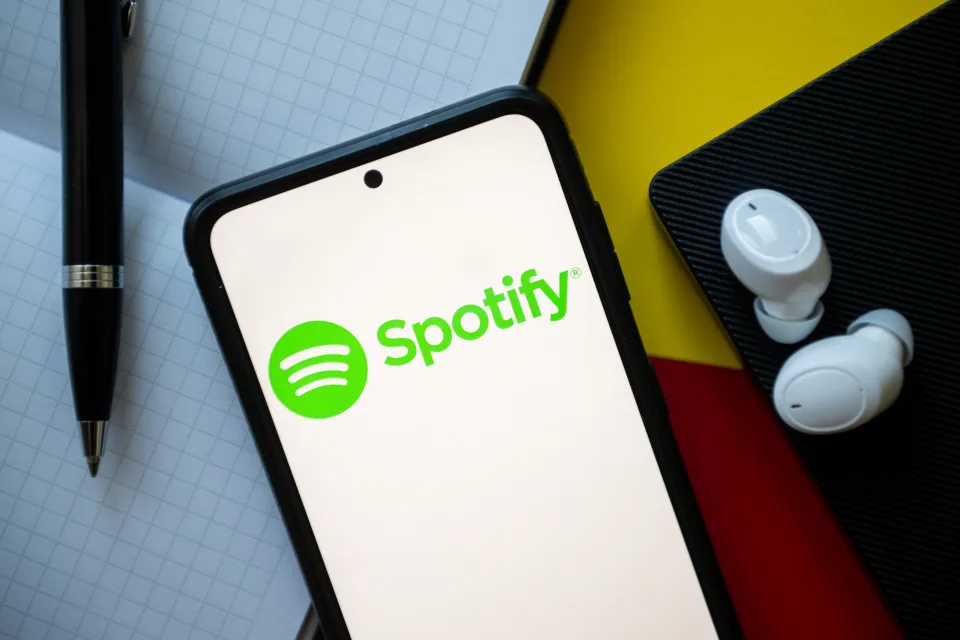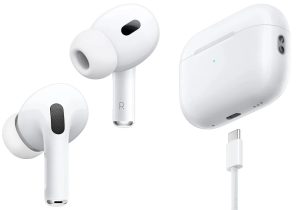In the ongoing Epic v. Google trial, recent testimony revealed that Spotify entered into a unique arrangement with Google, allowing it to avoid commission payments when users subscribe via Spotify’s own payment system on Android. Additionally, as part of this agreement, Spotify paid Google a mere four percent commission if users signed up through the Google Play Store—significantly lower than the standard 15 percent typically charged to other apps for subscriptions on the platform.
Don Harrison, Google’s partnerships head, emphasized the significance of Spotify’s proper functionality on Android phones, stating in court, “Listening to music is one of [the phone’s] core purposes… if we don’t have Spotify working properly across Play services and core services, people will not buy Android phones.” As part of the deal, both Google and Spotify committed to contributing $50 million each to a “success fund.”
These revelations surfaced within the context of a lawsuit initially filed against Google by Epic Games, the creator of the immensely popular Fortnite, in 2020. Epic alleged that Google’s Play Store on Android operated as an illegal monopoly, compelling app makers to relinquish substantial amounts of money to offer in-app purchases through the Play Store. Epic filed a similar lawsuit against Apple in 2021, which it ultimately lost.
Dan Jackson, a spokesperson for Google, explained to Engadget, “A small number of developers that invest more directly in Android and Play may have different service fees as part of a broader partnership that includes substantial financial investments and product integrations across different form factors. These key investment partnerships allow us to bring more users to Android and Play by continuously improving the experience for all users and creating new opportunities for all developers.”
While initially supporting Epic in its battle against Google and Apple, Spotify shifted its approach in 2022. The company began participating in a Google initiative known as User Choice Billing, enabling Android apps to employ their own payment systems while offering a reduced share to Google. The revealed special deal in court underscored Google’s willingness to establish additional exceptions for widely used apps like Spotify.
In recent days, Google has seen significant revelations about its business practices. In a concluded antitrust trial, an economics professor testifying on Google’s behalf disclosed that the company pays Apple a 36 percent share of all ad revenue generated through Apple’s Safari browser. Alphabet CEO Sundar Pichai later confirmed this figure during his testimony in the ongoing Epic v. Google trial.
Additionally, The Verge reported this month that Google extended a custom deal to Netflix, a prominent streaming service. The offer included a reduced commission rate of 10 percent, which Netflix declined. Instead, Netflix opted not to provide users with a direct sign-up option for the service within its Android app.




